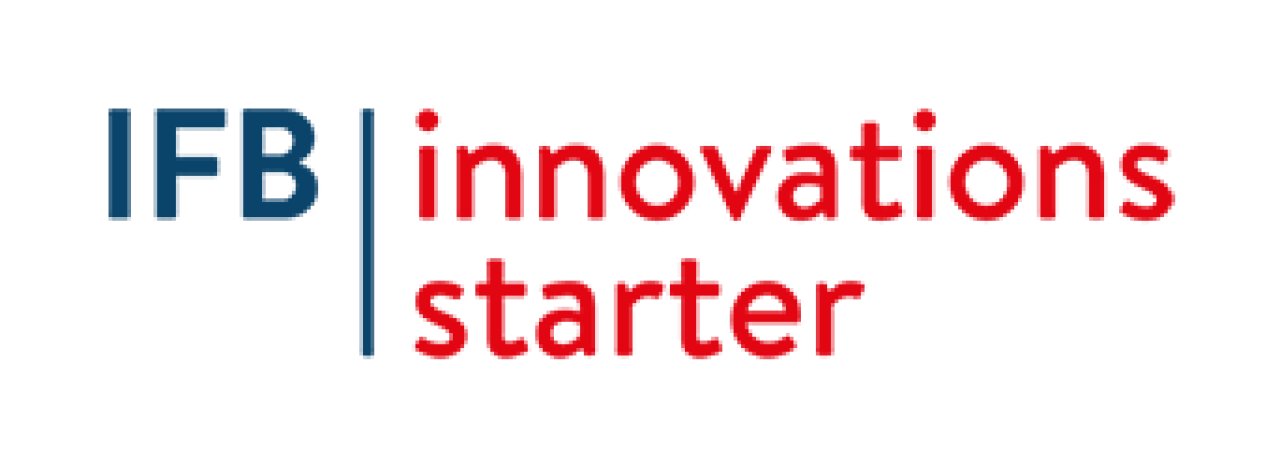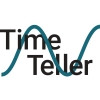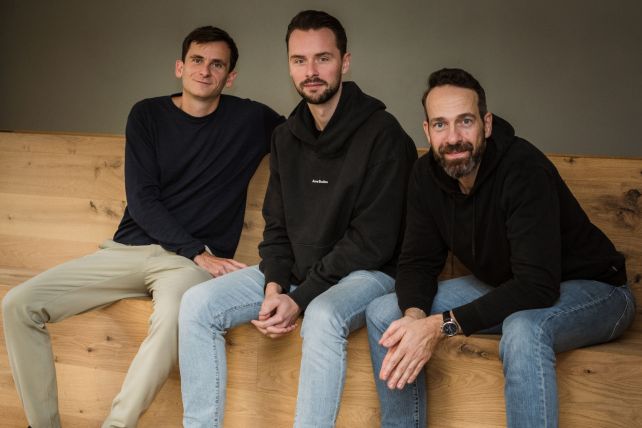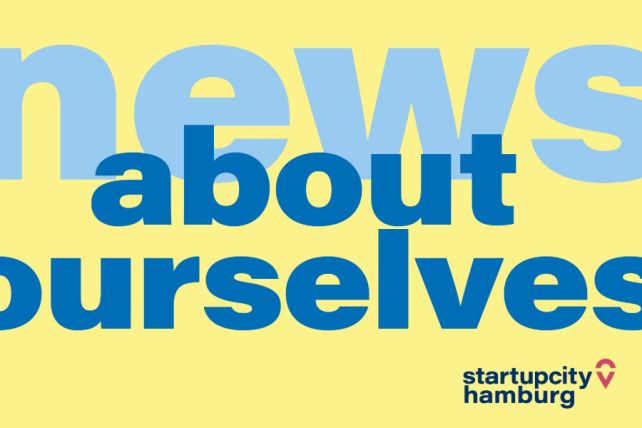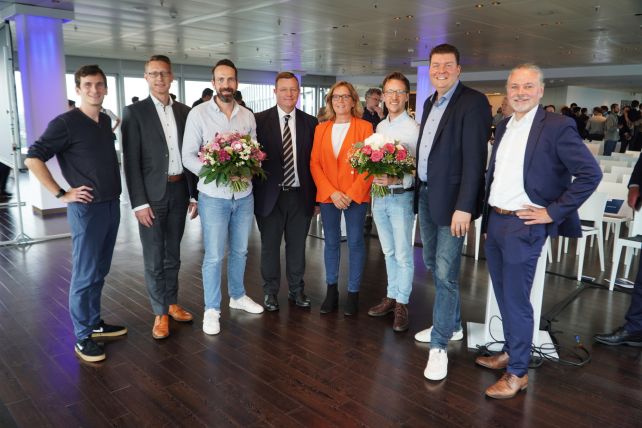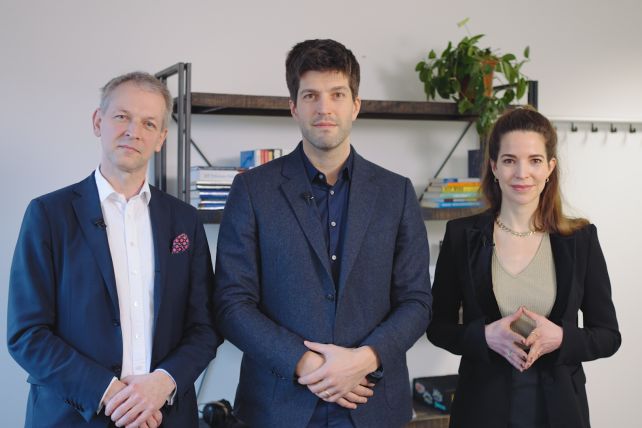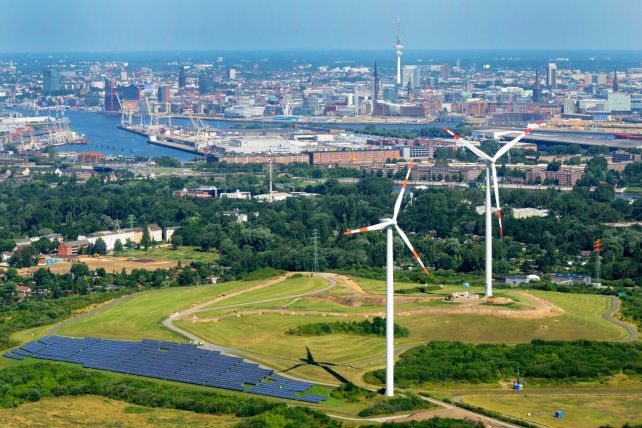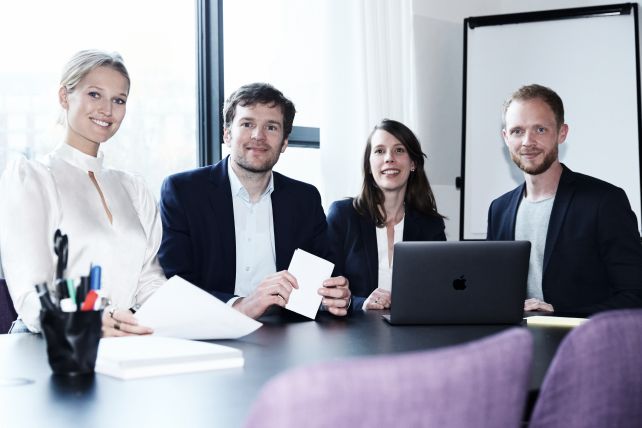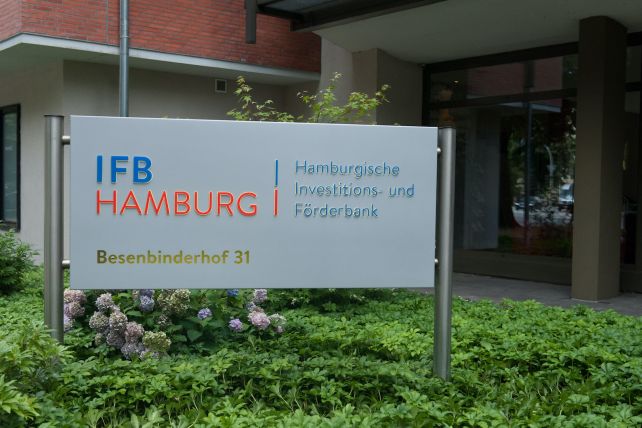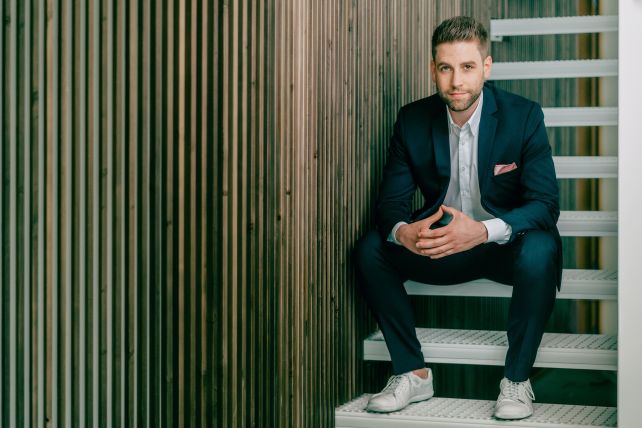With the Hamburg Investors Network (HIN), IFB Innovationsstarter GmbH has created an institution to facilitate startups access to investors. We spoke with the director Christoph Steckhan about what HIN can do, what options startups have for their financing and what they need to bear in mind.

How many startups did HIN help to finance last year?
With the Hamburg Investors Network, we build bridges between startups from Hamburg seeking capital and suitable investors from the HIN network. So far, we have been able to initiate over 30 direct investments with a total volume of over 5 million euros. The HIN is run by IFB Innovationsstarter GmbH. As a subsidiary of the Hamburgische Investitions- und Förderbank, we also support Hamburg startups with grants and equity capital.
How have the opportunities for financing startups changed? Do inflation, rising interest rates and energy prices play a role for investors?
Basically, there is still a lot of capital on the market for startup financing, even if the amount and number of financing rounds have been declining globally since mid-2022. A certain consolidation has taken place. Investors are understandably taking a closer look again at what a startup has to offer. Rising interest rates generally make investing in startups less attractive, as the capital market appears more attractive as an alternative investment. It has thus become much more difficult for startups to raise financing. Such circumstances make the work of public institutions like the Innovationstarter Fonds Hamburg and HIN all the more important. Especially around the turn of the year, we were literally overrun by startups desperately in need of funding. Early-stage startups especially, which did not yet have significant revenues, had problems finding investors. The search for lead investors was particularly difficult. As a result, financing rounds took much longer and many startups first tried to raise bridge financing instead of the amount originally targeted. At the same time, they often had to accept lower valuations.
We currently have the impression that the first shock wave has passed. For investors, this crisis also offers clear opportunities.
Since we work primarily with early-stage startups, the exit option through a sale or even an IPO is more like 4-8 years in the future. Basically, I think there is agreement: the current crisis will be over by then. As a result, startup and exit valuations will also reach a higher level again. Many investors will therefore be able to invest in startups more cheaply than a year ago.
In your experience, what are the biggest hurdles for startups when it comes to financing? What do many of them fail at?
Many founders fall very much in love with their idea at the beginning and just start building. When money is tight - and for the vast majority of startups it is - the first step must be to permanently validate both the problem addressed and possible solutions, and to change course if necessary. You simply cannot afford to develop things that miss the needs of the target group. As a result, even with supposedly simple solutions, it can quickly happen that one does not make it to market entry and has to go on the difficult search for investors completely without traction.
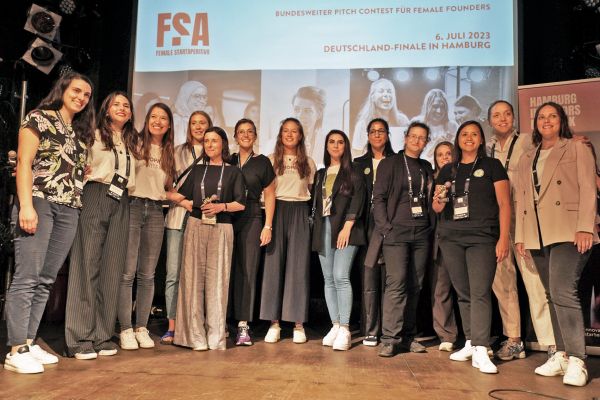
What advice do you have for new startups to successfully raise money?
Don't give investors the feeling that they should save you, but show your customers that you solve problems and prove that money can be made with it.
When money is scarce, there is bound to be a return to the basics of building a startup: Those who master understanding their customers and their needs, who can iterate quickly and cost-efficiently, have good chances. Because those who manage to win customers in economically difficult times will also manage to do so after the crisis.
In any case, we are certain that crises must also be tackled with the help of passionate founders and groundbreaking products. And there is certainly no shortage of global problems in 2023.
If all this fits, feel invited to apply to us via this button (Typeform). apply to join us Our network currently has more than 500 investors who can provide support at all stages and in all sectors. So if you have an exciting startup and are looking for private capital, we would be happy to recommend you to the members of the Hamburg Investors Network, be it through our regular dealflow updates, at our StartAperitivo pitch events or in personal 1:1 matches.
Our Germany-wide female founders competition Female StartAperitivo has just ended with great success, and a Hamburg startup even won with TimeTeller. Next on the agenda is an Impact StartAperitivo with a food edition on 14 September. So there's always something going on here!

